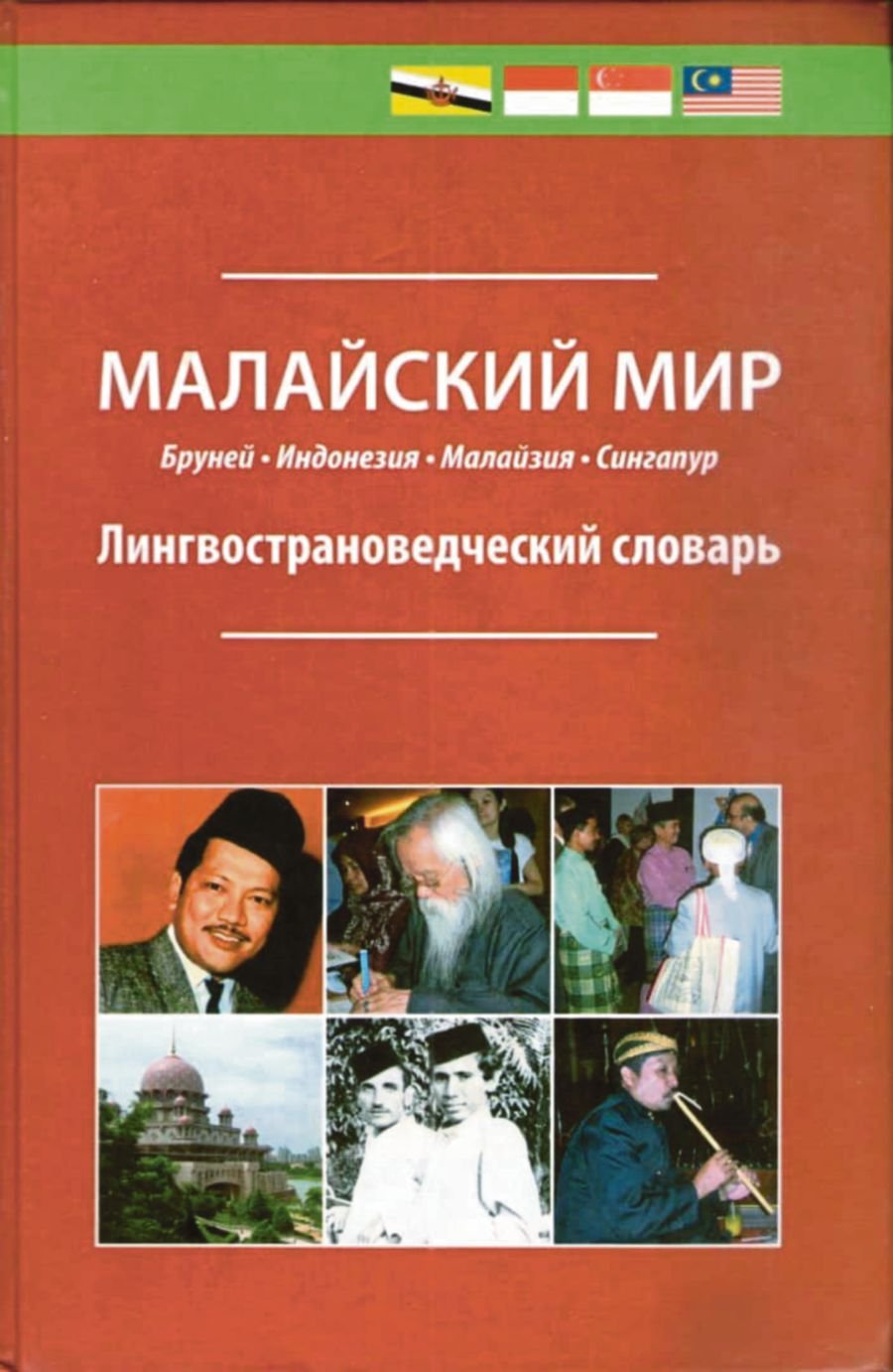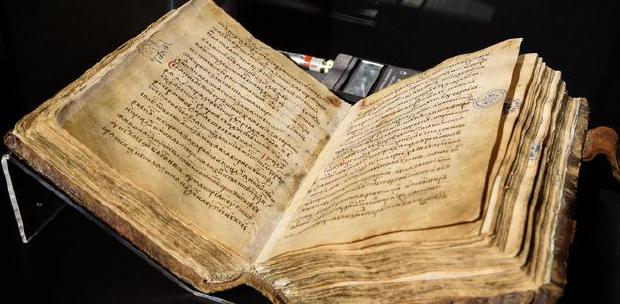I SUDDENLY realised recently that many Malay words can be found in virtual materials placed on Russian webpages when surfing the Internet.
If before, such Malay words could be counted with fingers, with animal names such as orang utan (which is sometimes incorrectly translated as "a man in debt") or cultural terms like kris and batik.
This is due to rapid development of relations between Russia and Malaysia, especially in the field of tourism, as well as technological progress of the Internet.
The tourism boom and emergence of many travel agencies, which were trying to attract Russian people to visit Malaysia before the pandemic, have resulted in a growing number of Malay toponyms almost unknown in Russia before and are now beginning to be used.
Among the most popular, according to Russian web, is the island of Langkawi and the places of interest there. Many toponyms are connected with interesting stories about the island, and the ones that have been translated include Telaga Tujuh Waterfalls, Air Hangat Village, Mahsuri Tomb and Museum, Lake of the Pregnant Woman, etc.
In various contexts, others that elicit a lot of interest include the Malaysian capital, Kuala Lumpur, Perhentian island, Sembilan Island and Kuching, Sarawak.
There are also efforts to trace the etymology of the names of some Malaysian animals and plants like the pangolin, tupai, ilang-ilang and agar-agar.
Malaysia's Yang di-Pertuan Agong is now a well-known monarchy institution among the Russians. Vigorous relations between the two countries are making this subject more frequently and commonly heard.
Malay words translated into Russian are also found in reference to the neighbouring Southeast Asian countries (Thailand, Singapore, Brunei and Indonesia), where there are speakers of languages other than English.
The Russian webpages include as well some examples of literary works where Malay is found.
For example, in the story Fireball from Jinnistan by Russian satirist Andrey Vishnevsky, we read: "Here Larry Bach wrote me letters in Malay. I do not read Malay... I just said so, as if I write in Malay or speak. I do not know Malay... Neither did Larry. But having received a letter in Malay, I know that the letter is from Larry."
Vishnevsky and me once took part in an evening in memory of Russian writer Alexander Dudoladov, whose story There Will Be No Tomorrow was translated by me and published in 1998 in the Malaysian literary magazine Dewan Sastera.
At the event, Vishnevsky acted as an "entertainer" when I described the publication and read the beginning of the story in Malay. He could not calm the audience as for some reason, they found the sound of Malay words funny. Everyone laughed.
Meanwhile, Valery Medvedev's children's story Barankin's Fantasies, which was posted on the web, mentions the popular Malay game of sepak takraw.
"In Malay, sepak takraw is a game of kicking the ball with the foot," said Tanya Topoleva, the heroine in the story.
In the adventure novel by Russian writer Nikolai Dashkiev entitled Master of the World, there are the following lines: Goodbye, old Chen!.. Goodbye, friend!.. You wouldn't see the final liberation of the country which became your second homeland, but your contribution is in the future victory, and Malay mothers will sing pantun about you, and in human memory, you will forever remain not old and weak, but young, strong, handsome..."
And, finally, in Stanislav Lem's novel Inspection on the Spot, we read: "Under exotic inscriptions like Chinese or Malay, are their translations."
All these points to Malaysia getting closer to Russians. It is possible that many toponyms and cultural words will eventually be listed in reference books and dictionaries in Russia.
Some of them one could find in the book Malay World. Lingua-Cultural Dictionary, a project completed by this writer while working in Universiti Malaya, and was awarded a bronze medal at the Research, Invention and Innovation Expo recently.
The writer, writing from Russia, is a former lecturer at Universiti Malaya





